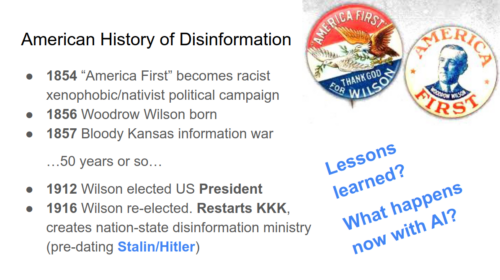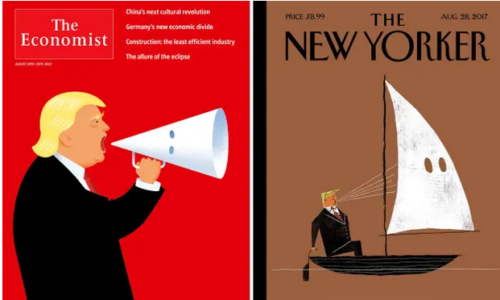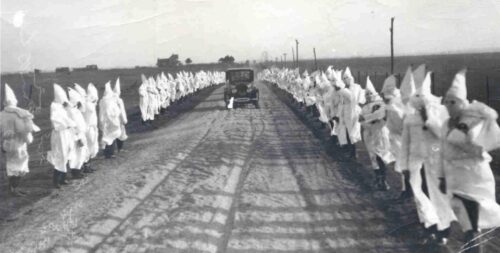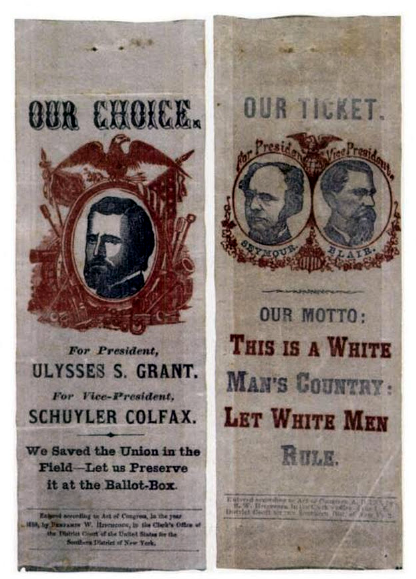If you think speech is free in America, think again. Much of it introduces a huge cost, especially hate speech.
About 52% of the survey responders reported having faced online harassment, compared to 40% in the survey’s previous year.
“We’re confronted with record levels of hate across the internet, hate that too often turns into real violence and danger in our communities,” said ADL CEO Jonathan Greenblatt, urging tech and social media platforms to do more to tackle online hate.
The rate of harassment stood at 76% for transgender people…
Particularly bad is an extremist right wing platform.
Twitter ranks lowest in LGBTQ safety among major social media platforms

To be clear, the CEO is reknowned for personally promoting hate speech in a harm for profit scheme.
Twitter’s Elon Musk spent the first week of Pride Month promoting bigoted anti-LGBTQ rhetoric
Even worse, he removed safety protections for trans people to replace them with censorship of the term cisgender.
Shortly after taking over Twitter, Musk removed the company’s prohibition on “targeted misgendering or deadnaming of transgender individuals.” …now rather than actually having open discourse, Elon is rigging the rules to favor one side of the transgender debate. Conservatives are free to call transgender people by their “dead name” on Twitter even though that offends them. But transgender people or allies cannot call conservatives “cisgender”… because that offends them. That’s not “free speech.” That’s just ideological censorship in favor of the right.
The online hate rate of 76% should be seen as an indicator of physical safety decline, as in the past.
Before 1933, Germany was a center of LGBT+ community and culture, with several renowned organizations serving and supporting trans and gender non-conforming people. Hitler’s Nazi government, however, brutally targeted the trans community, deporting many trans people to concentration camps and wiping out vibrant community structures.
Think of the targeting like a test called “how racist is Elon Musk“. The hate groups go after the least protected first, to see if they can get away with little crimes before expanding and expanding towards violently attacking others. Transgender people are again the canary.
Before the Nazis came to power, Germany was one of the global centers of trans activism and home to a thriving subculture of people with transgender identities. You could legally change your birth-assigned sex in some German cities even before 1900. The Nazis changed this. They brutally enforced Germany’s law against “cross-dressing.”
Physical hate confrontations including physical assault five years ago already was reported at almost 60%.
Almost 60 percent of transgender Americans have avoided using public restrooms for fear of confrontation, saying they have been harassed and assaulted…
A lack of protection from these assaults has been picked up by hate groups as a green light to expand their attacks. They’ve even turned into political platforms, reminiscent of America’s extremely hateful ways of the 1850s (e.g. nativist hate slogan “America First”).
Today, Florida Governor Ron DeSantis and other GOP leaders are following the Nazi playbook, substituting transgender youth for the Jews. They industriously promote hatred, fear, and physical revulsion of this small group — also barely 1 percent of the population….
…at least 20 other Republican-led states are pushing anti-trans laws, in some cases effectively barring gender-appropriate care even for adults.
Many of these laws also bar transgender people from public restrooms matching their gender identity, evoking the days of racially segregated toilets. These laws play on the false, malicious claim that transgender people pose a danger to others in restrooms — a claim for which there’s not one shred of evidence.
It’s true, the Nazi hate playbook has become so normalized by Americans they just use a hateful anti-trans flag or comment to stand in for their swastika or salute. But to be fair, the Nazis took their inspiration from hate groups in America, which is why it’s no coincidence when certain Germans fly the Confederate Battle Flag or the Betsy Ross.
American “moral indifference” is what led to Civil War, if you study President Abraham Lincoln. American “moral indifference” is what expanded and lengthened WWI and WWII, if you study war hero “Wild Bill” Donovan.
It’s long past time for the moral majority of America to snap awake and create a clear and decisive line to stop hate speech now during an information war, instead of waiting for the next phase of easily predictable violent physical conflict to manifest (e.g. Jan 6th).
The trans community represents all of us, and the unjustified excessive hate they endure in America is all of our responsibility to end.



